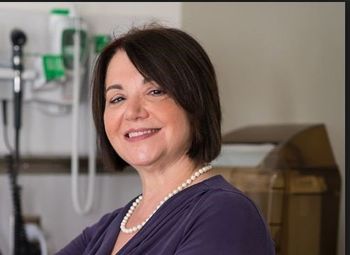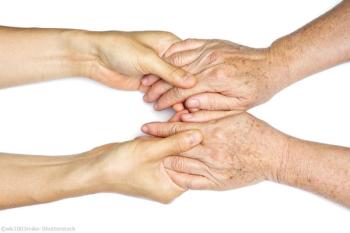February 28, 2011 marks the fourth annual Rare Disease Day (www.rarediseaseday.org), organized by EURODIS (www.eurodis.org, a nongovernmental European alliance of individuals and organizations dedicated to the field of rare diseases) and member national alliances in 25 countries. An estimated 250 million people globally, and 25 million in the US, suffer from rare diseases. Clearly, because of their low incidence, rare cancers are difficult to study and pose challenges for detection, diagnosis, prognosis, and treatment.
According to the NCI’s Division of Cancer Prevention, the US Orphan Drug Act defines a rare disease or condition as one affecting fewer than 200,000 persons in the US. Rare cancers are included in the Rare Disease Act of 2002 (HR 4013; see http://dcp.cancer.gov/programs-resources/groups/cb/events/20091210), and in 2005, the NCI’s Epidemiology and Genetics Research Program and the NIH’s Office of Rare Diseases cosponsored a workshop, “Understudied Rare Cancers” (for details and a summary of the conference, see http://epi.grants.cancer.gov/Conference2/).
In January 2010, the Office of Rare Diseases Research (ORDR) held a workshop to develop and optimize an internet-based Global Rare Diseases Patient Registry (GRDR). The ORDR is seeking input on the list of common data elements (CDEs) for patient data entry to be used in any rare disease registry, to ensure that data are defined in the same way and use the same standards and vocabularies across different registries. To provide feedback, please link to: http://bit.ly/fhsLhd. The ORDR welcomes comments and suggestions through March 17, 2011.
In January 2011, the Forum Against Cancer Europe (FACE) held a workshop on rare cancers (http://www.forumagainstcancer.eu/face-events/rare-cancers), focusing on the topic, “Rare Cancers: An Urgent Need for Policy.”
ResourcesThe Global Genes Project (www.globalgenesproject.org) is a leading nonprofit rare disease advocacy organization that educates the public about the prevalence of rare diseases worldwide.
National Organization for Rare Disorders (NORD; www.rarediseases.org) is a nonprofit organization that provides information, educational research programs, resources, and online support for patients with rare diseases.
The Rare Cancer Alliance (www.rare-cancer.org) provides information and support to children and adults with cancer. Its website includes patient forums, links to other websites with disease-specific information, and information about specific cancers.
CureSearch for Children’s Cancer (www.curesearch.org), in partnership with the Children's Oncology Group, provides information on childhood cancers, treatment strategies, and wellness programs. A listing of local, national, and international organizations offers education and support for young cancer patients and their families.





































